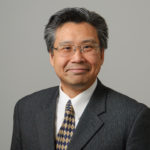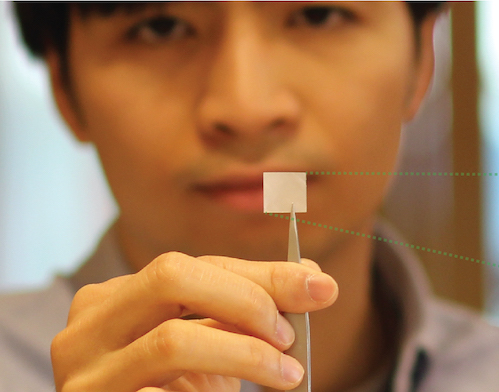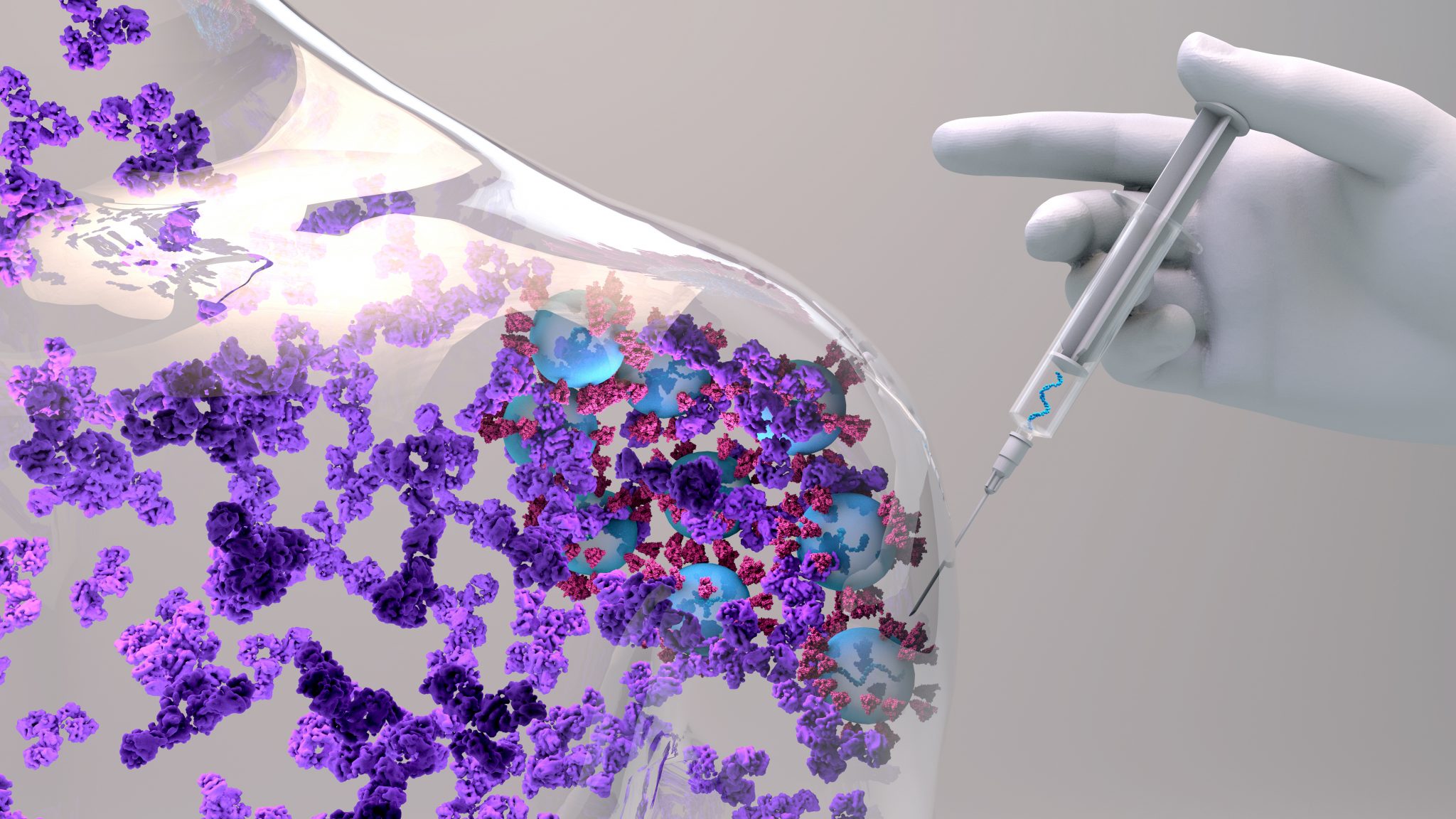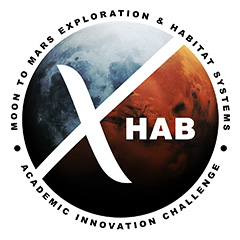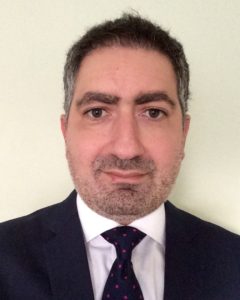Clouds strongly interact with solar radiation and as a result small changes in cloud cover have big impact on the Earth’s surface temperature. Currently, the effects of clouds are one of the largest sources of uncertainty in climate projections.
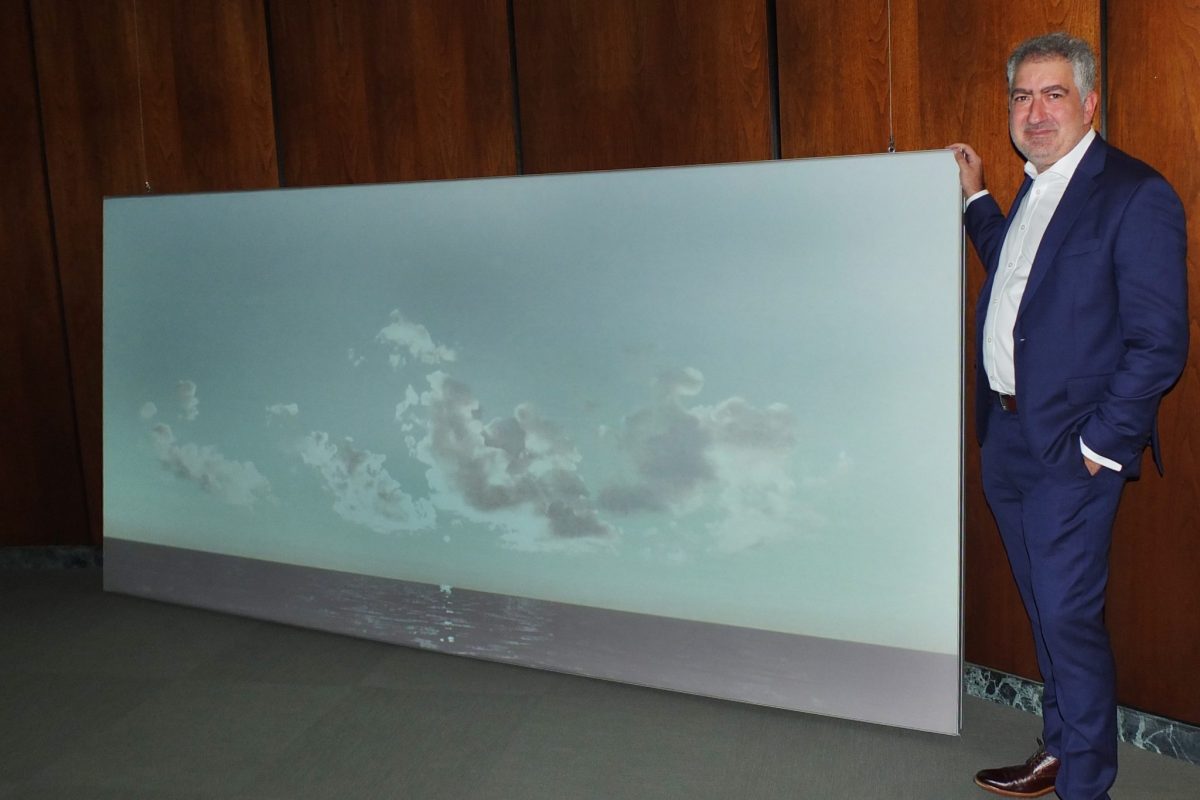
Recent computer technology, however, is enabling scientists and engineers to create cloud simulations in controlled environments.
Georgios Matheou, associate professor of mechanical engineering in the School of Mechanical, Aerospace and Manufacturing Engineering, is using a mathematical model called large-eddy simulation to replicate cloud physics and create cloud models. These simulations help improve weather forecasts and climate projections while contributing to the field of fluid dynamics—a discipline that describes the flow of liquids and gases.
Read more in the UConn Today article.
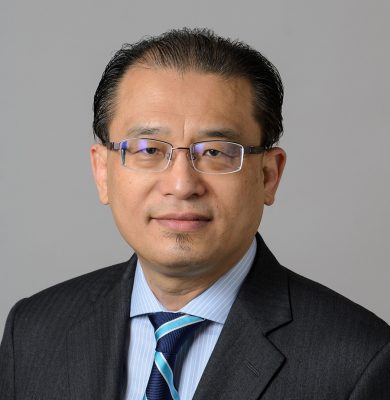 Prof. Jackie Sung was awarded the 2024 AIAA Energy Systems Award for his significant contribution in the broad field of energy systems, and specifically for his outstanding contributions to flame dynamics and low-temperature chemistry for developing fuel-flexible, ultra-low emission, efficient combustion energy systems using conventional and alternative fuels.
Prof. Jackie Sung was awarded the 2024 AIAA Energy Systems Award for his significant contribution in the broad field of energy systems, and specifically for his outstanding contributions to flame dynamics and low-temperature chemistry for developing fuel-flexible, ultra-low emission, efficient combustion energy systems using conventional and alternative fuels.